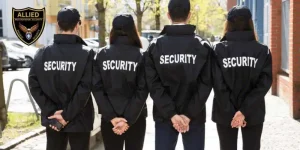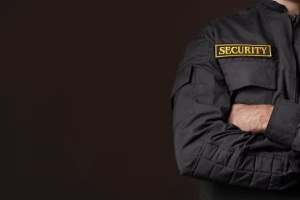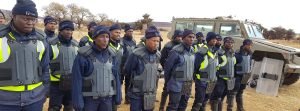About Us
The EPFTC fulfils a dual function within the firearms training industry; the role of Professional Body and that of a Quality Assurance partner of the QCTO.
THIS IS EPFTC
- The Professional Firearms Trainers Council (EPFTC) is a registered Non-Profit company.
- The registered name is the “Eswatini Professional Firearm Trainers Council”, and we trade in industry beneath the acronym of the EPFTC.
- The EPFTC fulfils two roles within the firearms training industry. The first is the role of Professional Body and that of a Quality Assurance partner of the QCTO. second is that of Quality Assurer.
- The EPFTC is a recognized Professional Body for Firearm Training Professionals. It holds five registered Professional Designations and several internal Titles or Designations that are allocated to individuals within the industry. These Designations serve to recognize professionals and indicate their career progression as firearm training professionals.
- Designations also establish the level at which a professional is permitted to perform based on their knowledge and skill set. These different designations set the standard for professionals within the industry, ensuring that the highest levels of expertise and competence are maintained.
- The EPFTC has been delegated the quality assurance function by the Quality Council for Trades & Occupation (QCTO). It is responsible for maintaining the standards set by SAQA and the QCTO for the Firearm Qualification 50480 and all the associated unit standards.
- Additionally, the EPFTC has been mandated by the SAPS (CFR) to assist in monitoring firearms training in accordance with the Firearms Control Act (FCA). This mandate underscores the EPFTC’s role in ensuring that firearm training in Eswatini adheres to the highest standards of quality and compliance.

Mission
To professionalize and quality assure the firearm trainers and assessors of Eswatini with clear performance standards and guidelines of the best practice
Vision
To have a professional firearm training industry based on ethics, quality, and pride.

Our History
ETHICS | QUALITY | PRIDE
- The idea for the EPFTC first emerged when Brigadier Jaco Bothma of the Central Firearm Registrar (at the time) identified the need for a body that could provide industry-recognized subject matter experts (SMEs) and offer more comprehensive quality assurance within the firearms training industry. This need surpassed what was then available through SASSETA and NRCS.
- A discussion was held with Andre Pretorius, who had played a key role in the development of the firearms industry for many years. Andre had served as Chairperson for eight years on the Firearms SGB and led task teams that developed the firearm training unit standards for the existing Firearm Training Qualification 50480. These unit standards were aligned with the changes to the Firearms Control Act (FCA) 60/2000. During this period, the establishment of Professional Bodies was beginning to take place in South Africa, and Andre was invited by SAQA to attend the first SAQA “Professional Bodies” meeting.
- At the “Professional Bodies” meeting, and in subsequent meetings between Brigadier Jaco Bothma, SAQA CEO Joe Samuels, and later with the Secretariat of Police, Jenny Irish-Qubosheane, alongside Andre, it became evident that the firearms training industry needed a more effective quality assurer.
- In the final meeting with the Secretariat, Andre sought confirmation to proceed with the next steps in establishing a Professional Body and Quality Assurer, given the significant financial and time commitments required to develop such a structure. This led to the eventual establishment of what would become the EPFTC.
In order to understand where the problem with quality assurance of firearm training lay prior to the EPFTC’s establishment, one needs a basic understanding of how the system is supposed to work.
Here is a basic overview of how the system worked initially when quality assurance was still being managed by SASSETA in consultation with industry.
- A Training provider would train 20 learners on the Basic Handgun unit standard (u/s 119649).
- The training provider would then request 20 certificates for the afore-mentioned learners from SASSETA (Learner Achievement Submission).
- SASSETA would do a quality assurance check by verifying quarterly that the learners have passed their exams and qualification shoots. The verifiers would work through the learner’s Portfolio of Evidence and ensure that test papers were completed, and the learner had passed the tests and that targets had been shot.
- The verifier would then check the shooting range register to confirm that the 20 learners were actually on the shooting range as claimed by the training provider.
- The shooting range register should contain the learner’s name, ID number, date and signature, in their own handwriting.
- Besides these checks the SETA was required to ensure that training providers were properly qualified/ experienced to provide firearm training and assessment.
Although this is a much-abbreviated version of the quality assurance system as it stood, it’s enough to give you an idea of the simple but effective system that
Get in Touch






